Best movies like Lamarca
A unique, carefully handpicked, selection of the best movies like Lamarca Starring Paulo Betti, Carla Camurati, José de Abreu, Deborah Evelyn, and more. If you liked Lamarca then you may also like: The Year My Parents Went on Vacation, Zuzu Angel, Rio 2096: A Story of Love and Fury, Jango, Joaquim and many more popular movies featured on this list. You can further filter the list even more or get a random selection from the list of similar movies, to make your selection even easier.
The real story of Carlos Lamarca, a captain who, during the military dictatorship in Brazil, deserted Brazilian Army and got involved in left-wing guerilla groups, becoming one of their most prominent leaders.
Lamarca
You may filter the list of movies on this page for a more refined, personalized selection of movies.
Still not sure what to watch click the recommend buttun below to get a movie recommendation selected from all the movies on this list
Zuzu Angel
Covering the last years of the famous Brazilian fashion designer in her doomed quest for justice, Zuzu Angel follows the case of her activist son Stuart's arrest, torture, murder, and subsequent corpse disposal by the military forces in early 1970s Rio de Janeiro, during the darkest era of Brazilian military regime and media censorship.
Rio 2096: A Story of Love and Fury
“Rio 2096 – A Story of Love and Fury” is an animated film that portrays the love between an immortal hero and Janaína, the woman he has been in love with for 600 years. As a backdrop to the romance, the feature highlights four phases of Brazilian history: colonization, slavery, the Military Regime and the future, in 2096, when there will be a war for water.
Joaquim
Brazil, 18th century. The colony of Portugal endures a decline in gold production. A Portuguese minority rules over a corrupt and autocratic society. Joaquim is an efficient soldier, famous for capturing gold smugglers. While waiting for his promotion to Lieutenant, he leaves for a risky mission in search of new gold mines - the only way to buy the freedom of Blackie, a slave he is in love with. Inspired by the true story of Tiradentes, the first leader of the Brazilian revolutionary movement.
Baptism of Blood
In São Paulo, in the late 1960s, the convent of the Dominican friars became a trench of resistance to the military dictatorship that governs Brazil. Moved by Christian ideals, frets Betto, Oswaldo, Fernando, Ivo and Tito came to support the guerrilla group Ação Libertadora Nacional, commanded by Carlos Marighella.
The Dancer Upstairs
A police detective in a South American country is dedicated to hunting down a revolutionary guerilla leader.
They Don't Wear Black Tie
Otavio is an idealistic union leader trying to organize workers at a factory to resist the company's exploitative practices. His son, Tião, one of the employees, is more of a realist and doesn't want to risk losing his job by striking. This clash of perspectives puts the father and son at odds. Fortunately, Tião's mother, Romana, is on hand to act as a moderator between the two opinionated men.
Four Days in September
Fernando, a journalist, and his friend César join terrorist group MR8 in order to fight Brazilian dictatorial regime during the late sixties. Cesare, however, is wounded and captured during a bank hold up. Fernando then decides to kidnap the American ambassador in Brazil and ask for the release of fifteen political prisoners in exchange for his life.
Imagining Argentina
Set during the unsettling disappearances in Buenos Aires during the dictatorship of the 1970s, the film involves theater director Carlos Rueda and his wife Cecilia. Shortly after Cecilia writes an editorial commentary questioning the mysterious abductions, she is herself abducted and taken into police custody.
Bopha!
In this story of a black policeman during South African apartheid, Danny Glover plays the cop, who believes he's trying to help his people, even while serving as a pawn of the racist government. When his son gets involved in the anti-apartheid movement, he finds himself torn between his family and what he believes is his duty.
Che: Part Two
After the Cuban Revolution, Che is at the height of his fame and power. Then he disappears, re-emerging incognito in Bolivia, where he organizes a small group of Cuban comrades and Bolivian recruits to start the great Latin American Revolution. Through this story, we come to understand how Che remains a symbol of idealism and heroism that lives in the hearts of people around the world.
On Football
Sergio and his father, Simão, haven’t seen each other for over 20 years. On the eve of the 2014 World Cup, Sergio returns to his hometown, São Paulo, hoping to watch the games with Simão, as they used to when he was a kid. It seems to be a perfect plan for a father-son reunion: a whole month together, their schedule based on the World Cup calendar. But as the days go by, their relationship starts to wander into unknown territory and their pact to watch the entire tournament together turns into a dangerous ritual…
Olga
Based upon the true story of Olga Benário, the German-born wife of Brazilian communist leader Luís Carlos Prestes. During the dictatorship of Getúlio Vargas (1930-1945) she was arrested and sent to Nazi Germany, where she was put to death in a concentration camp. After World War II began, Vargas decided to uphold the Allies.
Marighella
Afro-Brazilian poet and politician, the legendary Carlos Marighella. Driven to fight against the erosion of civil and human rights following the CIA-backed military coup of 1964 and the brutal, racist right-wing dictatorship that followed, the revolutionary leaves behind his wife and son to take up arms, becoming a notorious enemy to the power structure.
Hércules 56
Documentary featuring contemporary interviews with 5 of the revolutionary activists who kidnapped US ambassador Charles Embrick in August 1969 in Rio de Janeiro and some of the political prisoners who were freed from prison in exchange of the ambassador's liberty and flown out of Brazil to Mexico in an army cargo airplane "Hércules 56".
400 Against 1: A History of Organized Crime
The story of William da Silva Lima, the last survivor of the group that founded the Comando Vermelho at the end of the 1970s. It shows him living together with the political prisoners incurred under the same National Security Law and his leadership in the Ilha Grande Prison creating a type of unheard of conduct and solidarity in the Brazilian prisons. The film goes on to tell of the group's actions on the streets of Rio de Janeiro during the beginning of the 80s when they irritated the police with their daring robberies, as well as portraying the surprising love story between William and Tereza. The narrative weaves its way between the intimate conflict and the spectacular assaults and escapes.
O Bom Burguês
True story of Brazilian bank clerk who supplied money for the guerrilla fighting against the military dictatorship of the 70s. When he changes his disguise, he gets involved with high society, and with industrialists who were financing repression to the groups he stood for.
Pedro, Between the Devil and the Deep Blue Sea
The story of Brazil’s first emperor, returning to Europe on board the English ship Warspite. The trip makes Pedro conquer his fears and face his life from a personal point of view. He goes back in time and relives outstanding moments of his earlier life – since his childhood, when in 1808 he arrived coming from Portugal with his family, until he left in the dead of the night, in 1831, running away from Brazil.
Hans Staden
On the eve of his return to Europe after an extended involuntary stay in 16th-century Brazil, the German sailor Hans Staden is captured by a hostile cannibal Indian tribe. In order to survive he tries to convince the Indians that he is not Portuguese (their enemies) but a friend of the French (their allies), and that his God would be very angry if they were to eat him.
Lula, the Son of Brazil
The true story of a working class boy who moves to the nation's financial capital at a young age and becomes one the most influential politicians in Brazilian history.
Getulio
The movie depicts the political crisis that led to the suicide of president Getúlio Vargas, in the 19 days that preceded August 24, 1954. The crisis began with the attempted assassination of journalist and politician Carlos Lacerda in August 5, 1954, at rua Toneleros, Rio de Janeiro, in which Major Vaz was assassinated instead. Investigations pointed to Gregório Fortunato, chief of Vargas' personal guard, as the orderer of the frustrated assassination. This incident was one of the most importants in the history of Brazil.
Beyond Citizen Kane
Beyond Citizen Kane (1993) is a British documentary film directed by Simon Hartog, produced by John Ellis, and broadcast on Channel 4. It details the dominant position of the Rede Globo media group in the Brazilian society, discussing the group's influence, power, and political connections.[2] Globo's president and founder Roberto Marinho came in for particular criticism, being compared with fictional newspaper tycoon Charles Foster Kane, created by Orson Welles for the 1941 film Citizen Kane. According to the documentary, Marinho's media group engages in the same Kane wholesale manipulation of news to influence the public opinion.
AI-5 - O Dia que Não Existiu
Documentary about a political episode during the Brazilian military dictatorship, which resulted in the issue of the Institutional Act #5 (AI-5), abolishing freedom of opinion in Brazil, and marking the transition to the toughest period of violation of human rights in the country. The episode was the Congress Assembly on December 12th, 1968, in which its members denied permission to punish congressman Márcio Moreira Alves, as was the Government's wish.
Garden of War
Edson is having an affair with a left-wing aspiring movie director during Brazil's military dictatorship years. He tries to get some easy money for her film, but ends up being arrested and tortured as his torturers suspect he's involved in a plot to overthrow the military government.
Real: The Plan Behind History
In May 1993, Brazil experienced one of the worst economic crises in its history. The government then decides to set up a real task force to solve the problem. Confined to a bunker as a way of shielding the operations of growing political pressures, the special economic team will have to do its best to reach agreement and create the Plano Real.
The Patient
The true story of Tancredo Neves, the first civilian president of Brazil after a 20-year military dictatorship, and the infamous hospitalization which led to his death before he ever managed to take office.
Hoje
Former political activist receives compensation from the Brazilian government for the disappearance of her husband, victim of the repression triggered by the Brazilian military dictatorship. With the money, she can buy her an apartment and free herself from this dreadful condition she lived for decades. At the moment of moving to the new home, however, a visit arises that forces her to review her entire life.
Anchieta, José do Brasil
Life and death of the jesuit who fought for the peaceful relationship between colonists and the indigenous peoples of Brazil.
For All - O Trampolim da Vitória
1943, World War II. The northeastern coast of Brazil is an strategic region for the Allies. Giancarlo, an Italian immigrant married to a Brazilian woman, lives nearby the Parnamirin Field, the largest military base built by the USA outside of their territory. In this new base, Brazilian recruits who speak English suddenly find themselves reaching privileged positions.
Pelé
Against the backdrop of a turbulent era in Brazil, this documentary captures Pelé's extraordinary path from breakthrough talent to national hero. Mixing rare archival footage and exclusive interviews, this documentary celebrates the legendary Brazilian footballer who personified football as art.
The Edge of Democracy
A cautionary tale for these times of democracy in crisis—the personal and political fuse to explore one of the most dramatic periods in Brazilian history. With unprecedented access to Presidents Dilma Rousseff and Lula da Silva, we witness their rise and fall and the tragically polarized nation that remains.

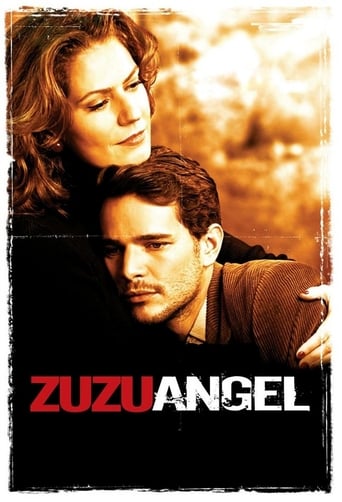














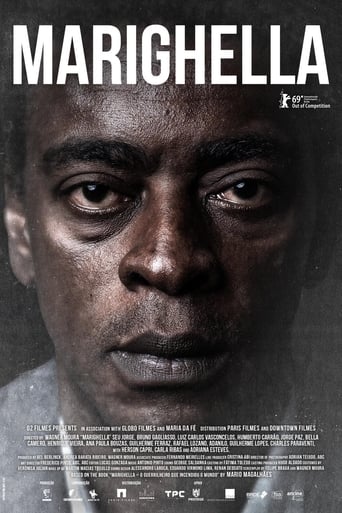



















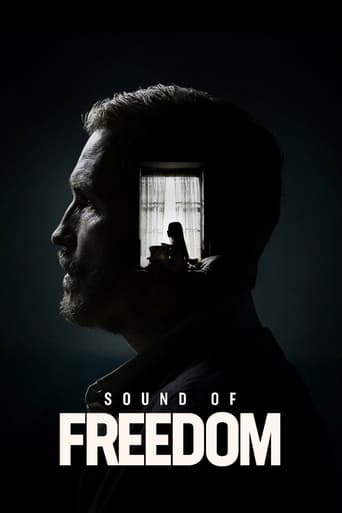

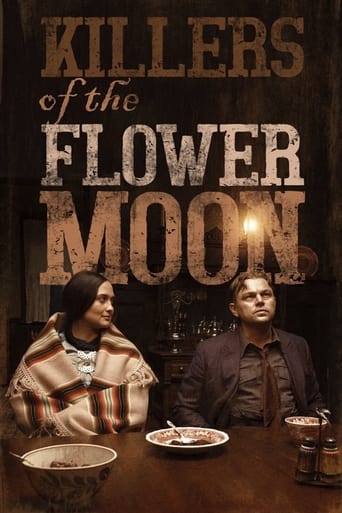

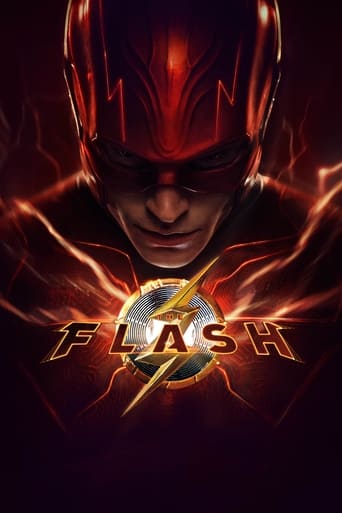

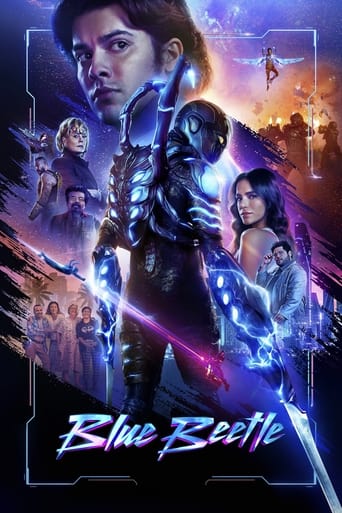
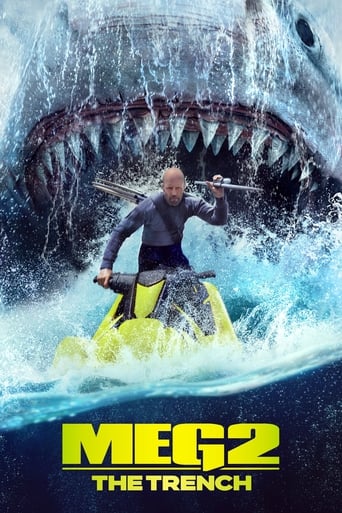
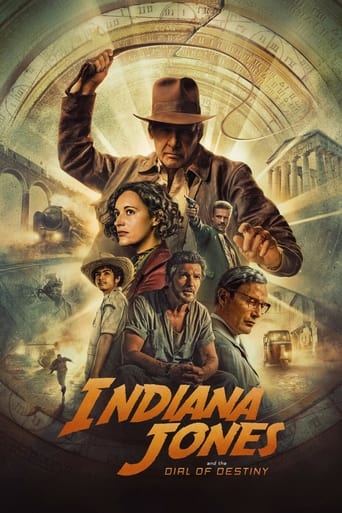

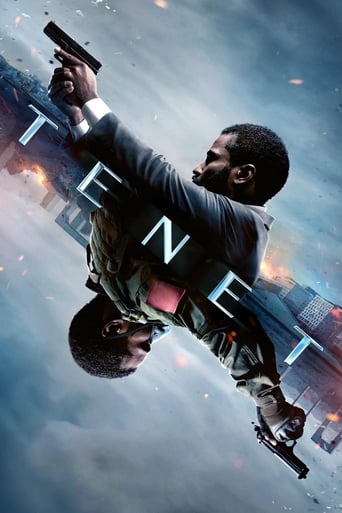


The Year My Parents Went on Vacation
A boy is left alone in a Jewish neighborhood in the year of 1970, where both world cup and dictatorship happen in Brazil.